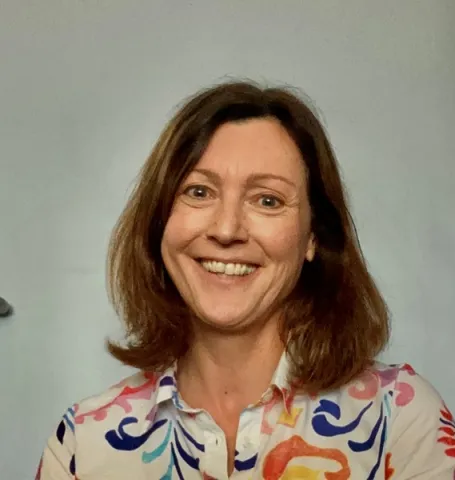About the project
Working in collaboration with Vesta, this project will investigate the fate of bio-limiting and/or toxic trace metals that may be released during olivine dissolution in coastal environments, improving our understanding of potential environmental and ecosystem impacts associated with ocean alkalinity enhancement as a form of ocean-based carbon dioxide removal.
Ocean-based carbon dioxide removal (oCDR) techniques are receiving increasing attention for helping to meet global climate targets due to the potential scale and permanence of CO2 sequestration that can be achieved. Ocean alkalinity enhancement (OAE) is thought to be one of the most promising oCDR approaches, with model-based estimates suggesting it has the capacity to remove ~10% of current annual global CO2 emissions. However, uncertainties in the efficacy, ecological impacts, and our ability to monitor and account for such impacts currently limit our understanding of the viability of OAE as a climate mitigation strategy.
This project will help address these knowledge gaps by investigating the partitioning of trace metals and other nutrients during the dissolution of olivine and other proposed OAE feedstocks in both field and laboratory settings. Physical and chemical analyses of water fluxes, alkalinity, pH and element abundances will be used to constrain the rate of dissolution and atmospheric CO2 removal, while state-of-the-art isotopic techniques will be used to investigate the exchange of trace metals such as iron, chromium, zinc and nickel to/from seawater during mineral dissolution and precipitation processes. Field samples will be derived from Vesta’s coastal carbon capture trials being conducted in the USA, and will be complemented by laboratory-based sediment incubation and batch reactor experiments that characterize weathering mechanisms and their associated isotopic and chemical responses under well constrained conditions.
Supervisory team
The supervisory team includes supervisors from several organisations, including our INSPIRE Partners. Please contact the Lead Supervisor for more information about the team.
Training
The INSPIRE DTP programme provides comprehensive personal and professional development training alongside extensive opportunities for students to expand their multi-disciplinary outlook through interactions with a wide network of academic, research and industrial/policy partners. The student will be registered at the University of Southampton and hosted at the National Oceanography Centre. Specific training will include:
- Collection of water and sediment samples from Vesta’s coastal weathering pilot study sites, and conducting in-situ physical and chemical measurements (e.g. pH and alkalinity)
- Determination of trace element concentrations and isotopic ratios by inductively coupled plasma mass spectrometry (ICP-MS), thermal ionization mass spectrometry (TIMS) and multi-collector (MC) ICP-MS
- Laboratory-based experiments for quantifying the rate of particle dissolution and the associated precipitation of secondary minerals and establishing their effect on the chemical and isotopic composition of the surrounding fluid
- Use of geochemical models such as PHREEQC and CO2SYS to constrain changes in aqueous geochemistry and mineral saturation states, and coupling with physical parameters such as discharge/flow rates to establish atmospheric CO2 drawdown
In addition to exchanges associated with the INSPIRE DTP, the student will have opportunities to work closely with other national and international collaborators conducting OAE and oCDR trials as well as terrestrial enhanced weathering programmes.
